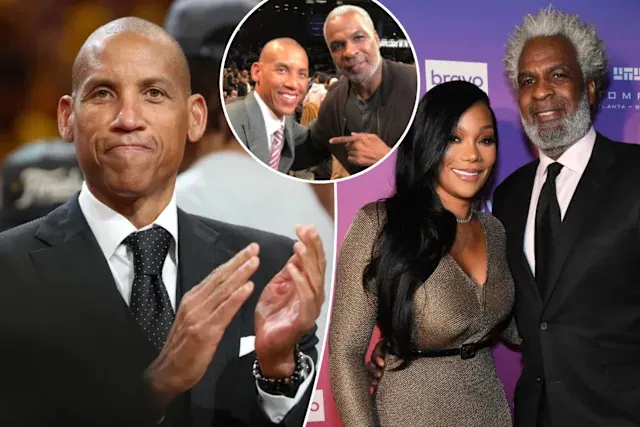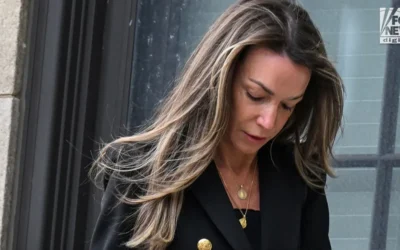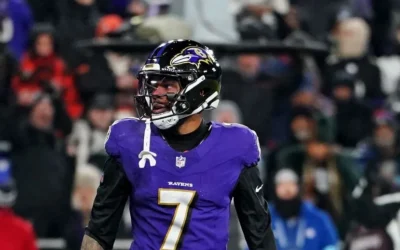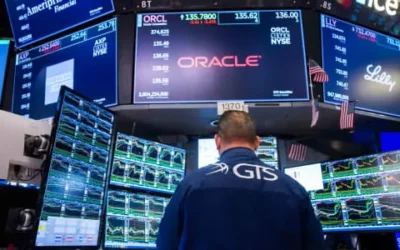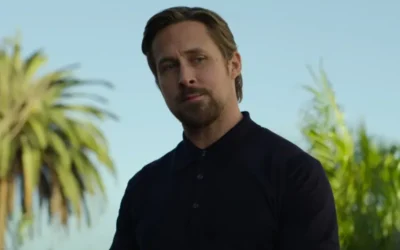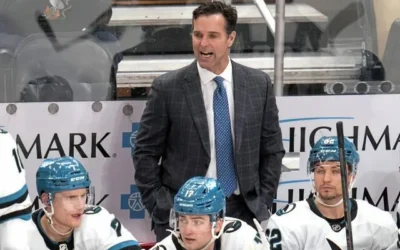Introduction
The world of professional basketball is no stranger to rivalries, both on and off the court. Few dynamics exemplify this better than the ongoing saga involving the New York Knicks, their former player Charles Oakley, and Madison Square Garden’s owner James Dolan. Tensions escalated this month when Reggie Miller and Oakley engaged in a public feud, while ongoing litigation casts a shadow over the roots of these longstanding grudges.
Historical Context: The Knicks-Pacers Rivalry
For those unfamiliar with NBA history, the rivalry between the Knicks and the Indiana Pacers is legendary. This fierce competition in the Eastern Conference culminated in several memorable playoff series during the late 1990s, cementing both teams as formidable forces. Oakley, a cornerstone of the Knicks’ success during those years, became a symbol of toughness and tenacity in New York, while Miller’s sharpshooting and clutch performances for the Pacers endeared him to fans in Indiana.
The Origin of Tensions
Fast forward to the present day, the relationship between Oakley and Dolan is far from cordial. The former Knick has maintained that Dolan’s ownership has tarnished the legacy of the team and its players. This feud escalated significantly in 2017 when Oakley was involved in a public altercation at Madison Square Garden, leading to his arrest. Since then, legal battles have ensued, with Oakley suing Dolan and MSG for defamation, which has only deepened the rift.
Reggie Miller’s Involvement
Adding further intrigue to this narrative, NBA Hall of Famer Reggie Miller recently ‘claimed’ Oakley for the Indiana Pacers in an attempt to reconnect with the franchise’s illustrious past. While this may have originated as a humorous jab, it has sparked speculation and commentary among fans and analysts alike, as it drew attention back to the strained relationship Oakley has with the Knicks and Dolan.
Charles Oakley and Patrick Ewing: A Ripped Friendship?
Amid this backdrop, Oakley recently voiced his frustration regarding Patrick Ewing’s continued attendance at Knicks games. In an eyebrow-raising statement, Oakley accused Ewing of betraying their shared history by remaining loyal to a franchise that has disregarded the contributions of its former stars.
“I don’t understand how he can go in there and support this man [Dolan] who has disrespected us. It’s a slap in the face to the legends who built this franchise,” Oakley remarked in a recent interview. This statement has led to mixed reactions from fans and analysts. Some show support for Oakley’s stance, arguing that loyalty to a franchise that disrespects its alumni is misplaced, while others feel that Ewing’s presence should be viewed as a continuation of his legacy.
The Lawsuits: Oakley vs. Dolan
As if the drama weren’t already thick enough, MSG has made attempts to have Charles Oakley’s lawsuit thrown out of court. In recent developments, lawyers representing MSG claimed that Oakley’s allegations of defamation are without merit. An attorney for MSG stated, “Mr. Dolan’s comments were made in the context of the incident at Madison Square Garden, which was widely reported in the media. To label these comments as defamatory is not only unfounded but undermines the fundamental essence of free speech.”
This legal tussle highlights the complexity of reputations and relationships in the world of sports—a landscape where powerful figures often attempt to silence dissent, but in doing so only amplify the voices of the marginalized.
Public Perception and Criticism
Public sentiment regarding Dolan has been overwhelmingly negative, especially since the Oakley incident. Fans express frustration over Dolan’s perceived mismanagement of the Knicks and his antagonistic approach towards former players. Critics argue that fostering goodwill among franchise legends would only enhance the Knicks’ identity and help rebuild the franchise’s glory. However, Dolan has remained unapologetic, often retaliating against criticism with his own barbs.
Legacies at Stake
The ongoing feud not only influences current narratives but also has long-term implications for the historical legacy of both the Knicks and its prominent players. Oakley, a celebrated Teammate of Ewing, is simultaneously grappling with personal grievances while also fighting for what could be viewed as the honor of former players. Ewing’s response is perplexing for many—why is he aligning himself with an ownership structure that has alienated his peers?
Conversely, Miller’s attempts to draw Oakley back into discussions around the Pacers symbolize a longing for respect and acknowledgment bordering on nostalgia. The NBA, like much of professional sports, thrives off long-standing rivalries, and this ‘reclamation’ of players can serve to reinforce connections among generations of fans.
Conclusion: The Price of Basketball’s Dark Side
The saga involving James Dolan, Charles Oakley, and the reactions of other former players showcases the darker aspects of professional sports. Business interests often override the legacy of camaraderie that defines teams at their core. The thrill of on-court performances loses its luster when overshadowed by controversies such as lawsuits and personal grievances.
As fans, it is essential to reflect on the complicated dynamics that underlie a sport often viewed as a form of entertainment. Every game played at Madison Square Garden is a reminder that the history, legacy, and rivalries associated with the NBA involve real people with real emotions. Whether we witness a reconciliation of old grudges remains to be seen, but one thing is clear: the pulse of the game reverberates deeply beyond the hardwood.

